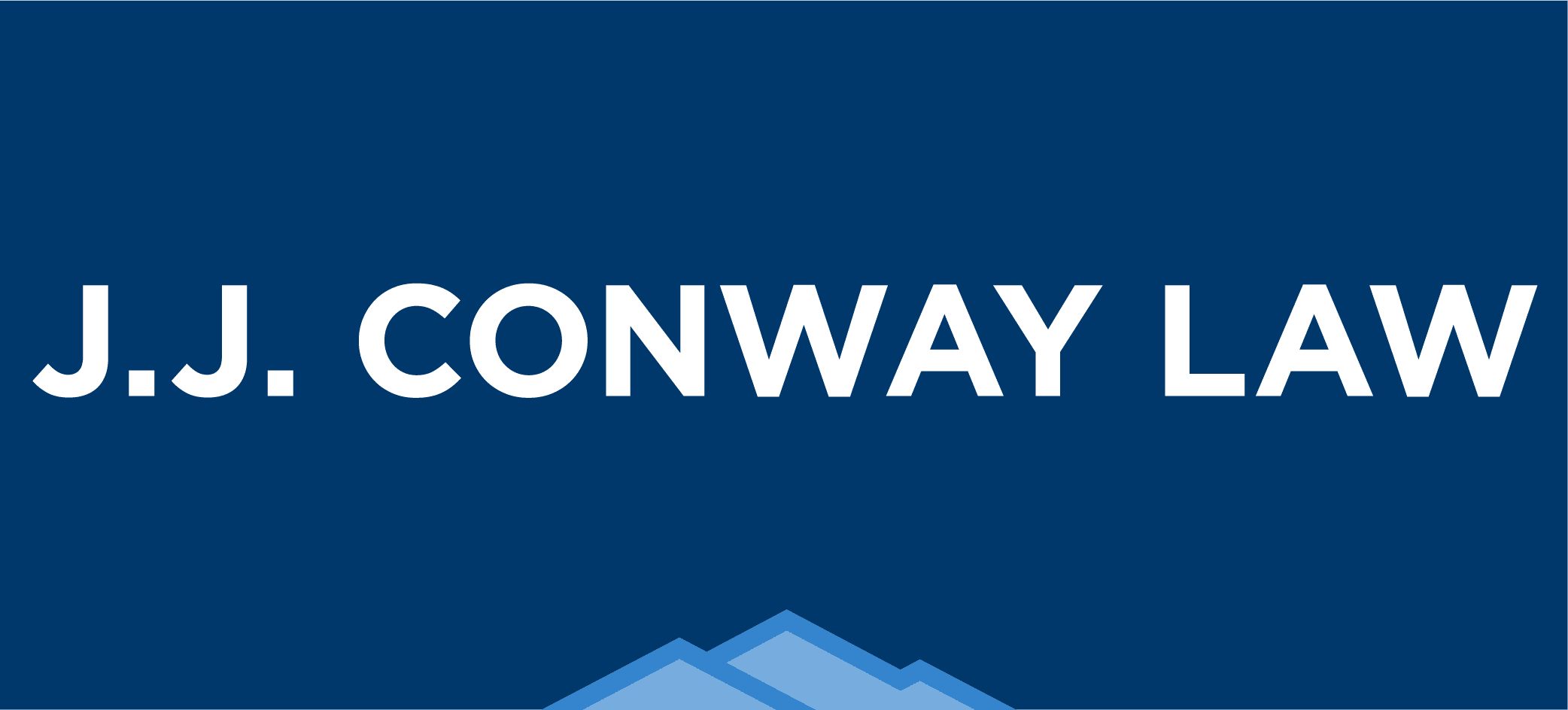Happy 50th Birthday, ERISA! Half a Century In, Employee Retirement Income Security Act Proves Its Value to Private Sector Workers in Pension, 401(k) and Health Plan Protections

Signed by President Gerald R. Ford on September 2, 1974, Act took effect in 1975; plus, why aren’t government workers protected by ERISA?
Media Contact: Barbara M. Fornasiero, EAFocus Communications; barbara@eafocus.com; 248.260.8466
Royal Oak, Mich.—August 22, 2024—The Employee Retirement Income Security Act (ERISA) of 1974 established standards for private employer pension and health plans in order to protect employee benefit plan participants and their beneficiaries. Fifty years after its signing by President Gerald R. Ford on September 2, 1974, ERISA has proven its value to private sector workers, according to national employee benefits and ERISA attorney J.J. Conway of Michigan-based J.J. Conway Law.
“Employer-provided insurance plans such as health insurance and short and long-term disability insurance, in addition to pension and 401(k) plans, are all covered by ERISA protections,” Conway said. “Employee benefits like these are legal contracts between an employer and an employee. In my 25-year career, I have worked with hundreds of clients who were able to access the benefits contractually owed them by their employers thanks to ERISA protections.”
ERISA established minimum standards for pension plans in private industry, including rules for reporting and disclosure, participation, vesting, funding, fiduciary conduct, and civil enforcement. It also created the Pension Benefit Guaranty Corporation (PBGC) to insure defined benefit pension plans.
Providing specific examples of how ERISA protects employees, Conway explained that when private pension plan participants call foul over high fees or other irregularities, ERISA provides them with easily defined avenues for relief. Similarly, in the case of denied health insurance claims, ERISA provides employees the right to argue their case and present medical expert opinions. He noted that ERISA does not cover public sector employers such as state, federal or municipal governments.
ERISA’s rocky road to enactment – and why public workers lack ERISA protections
“The move to enshrine pension rights really took shape in 1963 after the closure of the Studebaker Corporation plant in Indiana left employees with little to no retirement income. Various politicians, notably Senator Jacob K. Javits of New York, introduced bills that ultimately became ERISA in 1974,” Conway said. “ERISA initially seemed to be opposed by nearly everyone – except the American worker. Employers opposed it. Unions opposed it. But government employers frankly fought the hardest to keep ERISA or ERISA-like protections out of their pension plans. Now, with an epidemic of underfunded public worker pension plans throughout the U.S., exempting governments from ERISA’s funding requirements and other protections is proving to be a very bad idea.”
Without ERISA protections such as requiring the disclosure of financial and other key information to plan participants, establishing standards of conduct for plan fiduciaries and providing legal recourse through federal courts, government pension plans went unchecked for decades. It wasn’t until such cataclysmic events as the national recession in 2008, which hit the tax coffers of cities and states, and the Detroit bankruptcy in 2013, which threatened the pensions of police, fire and municipal workers, that the vulnerability of public pension plans became widely discussed.
Conway was part of a legal team that successfully fought for pension protections for multiple categories of workers in the City of Detroit Bankruptcy.
“The Detroit bankruptcy proved the vulnerability of municipal workers nationwide who realized that with no ERISA-equivalent, their pensions were not automatically non-dischargeable in bankruptcy. More recently, it’s been the exorbitant fees of hedge fund managers who now have a stranglehold on managing government pension plans – with minimal accountability and little to no positive investment results for plan participants – that is catching the ire of public sector workers,” Conway said.
The complaints extend to other pension-related matters. In Michigan, for example, the Office of Retirement Services (ORS) – which serves as the administrator for the retirement plans of state employees, public school employees, judges, state police and National Guard members – stands as judge and jury when it comes to determining a disability for medical retirement.
“Unlike in a private retirement or disability plan, ORS is not guided by ERISA, so employees are stymied in their ability to fight against ORS decisions, which oftentimes rely on a single physician making the call,” Conway explained. “The contrast between ERISA’s regulatory protections and lack of ERISA protections is stark. With other employee-rights movements underway nationwide, this area of government worker oversight is ripe for change.”
About J.J. Conway Law
J.J. Conway Law, an employee benefits litigation and ERISA firm founded by John Joseph (J.J.) Conway in 1999, represents those seeking full access to the employee benefits they earned and are legally entitled to. The firm has been involved with nationally significant employee benefit, disability and pension cases, including class action lawsuits for such landmark decisions as requiring Michigan private insurers to cover autism health treatments for children through age 18 and protecting the pension rights of City of Detroit employees, police and firefighters as well as Wayne County employees by holding their trustees accountable for investment decisions. The firm’s motto, Conquer Tomorrow®, is dedicated to making the future easier for their clients across the United States. Learn more on the firm’s website.

